Increasing access to land according to market principles
With the goal of perfecting institutions and policies on land; resolving overlapping and conflicting situations in policies and laws related to land; ensuring harmony of rights and interests of the State, land users and investors, promoting commercialization of land use rights, developing a transparent and healthy real estate market, the 2024 Land Law has supplemented many regulations related to the rights and obligations of land users.
Deputy Minister of Natural Resources and Environment Le Minh Ngan said that the law has perfected the rights of Vietnamese people residing abroad in the direction that Vietnamese people residing abroad with Vietnamese nationality and Vietnamese citizens have full rights related to land like Vietnamese citizens in the country (individuals in the country).
The Land Law has 95 articles that the Government is assigned to detail. According to Decision No. 222/QD-TTg dated March 5, 2024 of the Prime Minister assigning the prime minister to draft documents detailing the implementation of the Land Law, the Ministry of Natural Resources and Environment presides over and coordinates with relevant ministries and branches to prepare the contents of 6 draft Decrees. The Ministry of Finance presides over and coordinates with relevant ministries and branches to prepare the contents of 2 draft Decrees, including: Decree regulating the collection of land use fees and land rents; Decree regulating the land development fund. The Ministry of Agriculture and Rural Development presides over and coordinates with relevant ministries and branches to prepare the contents of the draft Decree detailing rice-growing land. The Ministry of Labor, War Invalids and Social Affairs presides over and coordinates with relevant ministries and branches to prepare the contents of the Prime Minister's Decision on mechanisms and policies for job creation and vocational training for people whose land is recovered.
Currently, the agencies are urgently drafting in accordance with the prescribed procedures of the Law on Promulgation of Legal Documents to promulgate under their authority or submit to competent authorities for promulgation to take effect at the same time as the effective date of the Land Law (in particular, the Decree on sea encroachment activities will be submitted in March 2024 according to the simplified procedure to take effect from April 1, 2024). It can be seen that the system of documents guiding the implementation of the 2024 Land Law is extremely large, requiring the contribution of many ministries, branches and localities to ensure the quality and progress of the assigned promulgation time.
Deputy Minister of Natural Resources and Environment Le Minh Ngan
Along with that, the law also adds the right to choose the form of land rental payment. Accordingly, land users who are currently leasing land from the State and collecting annual land rental fees but are in the case of being leased land by the State and collecting land rental fees in one lump sum for the entire lease term according to the provisions of this law can choose to switch to land leasing with one lump sum payment for the remaining lease term. In the case of being leased land by the State and collecting land rental fees in one lump sum for the entire lease term, they can choose to switch to land leasing with annual land rental fees.
The Law also stipulates that economic organizations that are leased land by the State and pay annual land rent have the right to sell their assets attached to the land and the lease rights in the land lease contract when the assets attached to the leased land are legally established and have been registered in accordance with the provisions of law; have completed construction in accordance with the detailed construction plan and the approved and accepted investment project and have advanced compensation, support and resettlement money that has not been fully deducted from the land rent payable.
One of the notable new points is that the law has added a provision that individuals who are not directly involved in agricultural production are allowed to receive the transfer of the right to use rice-growing land within the land allocation limit. In case of exceeding the limit, they must establish an economic organization, have a plan to use rice-growing land and must be approved by the People's Committee at the district level. Individuals using agricultural land are allowed to transfer the right to use agricultural land within the same provincial administrative unit to other individuals and do not have to pay income tax from the transfer of land use rights and registration fees. Economic organizations that are allowed to receive the transfer of the right to use agricultural land must have a plan to use agricultural land approved by the People's Committee at the district level.
Emphasizing the new points of the 2024 Land Law, including new regulations on agricultural land, Standing Member of the Economic Committee Phan Duc Hieu said that the changes in the law increase opportunities to access investment according to market principles. "The most important thing is to return the true value of agricultural land, helping to use agricultural land for the right purpose," said Mr. Hieu.
Harmonizing the interests of the State, land users and enterprises
Not only amending and supplementing regulations to ensure the rights of agricultural land users, Point c Clause 1 Article 127 of the 2024 Land Law allows land use to implement socio-economic development projects through agreements on receiving land use rights in cases where the project does not use state budget capital and is subject to land recovery in Article 79 of this law (Article 79 stipulates land recovery for socio-economic development for national and public interests - PV) but the investor chooses the option of agreeing on receiving land use rights, not proposing land recovery.
Director of the Department of Justice of Binh Duong province Nguyen Anh Hoa said that this provision of the 2024 Land Law is very "flexible", respecting the principle of freedom, voluntary commitment, ensuring market principles, harmonizing the interests of the State, people with land use rights and enterprises with land use needs. Thereby creating opportunities and convenience for investors with land use needs to carry out investment projects without having to carry out land recovery; ensuring security and social order.
Regarding the determination of financial obligations of foreign-invested enterprises receiving land use rights transfer in connection with the transfer of all or part of an investment project. According to Article 169 of the 2013 Land Law, foreign-invested enterprises are not allowed to receive land use rights transfer to implement investment projects.
However, according to the provisions of the 2024 Land Law (Clause 3, Article 142, Clause 16, Article 260), foreign-invested enterprises under the provisions of the Law on Real Estate Business No. 66/2014/QH13, which has been amended and supplemented by a number of articles under Law No. 61/2020/QH14, are carrying out procedures to receive the transfer of all or part of a real estate project, but by the effective date of this Law, have not yet completed the land procedures for the project or part of the project to be transferred, the competent state agency shall carry out the procedures for land allocation, land lease to the transferee, and grant the Certificate of land use rights and ownership of assets attached to land according to the provisions of this Law. The transferee of all or part of the real estate project shall inherit the land rights and obligations of the project transferor.
According to Director of the Department of Justice of Binh Duong province Nguyen Anh Hoa, the provisions of the 2024 Land Law have removed difficulties and obstacles for cases where foreign-invested enterprises receive transfers of land use rights associated with the transfer of all or part of an investment project.
However, regarding the settlement of land procedures and financial obligations for investment projects by foreign-invested enterprises, Mr. Nguyen Anh Hoa suggested that when drafting the decree, in these cases, it is necessary to provide specific instructions on registering changes to the issued Land Use Rights Certificate. Consider stipulating transitional provisions for projects that have been carrying out procedures for transferring projects or parts of projects but have not yet fulfilled financial obligations, to be implemented in accordance with the provisions of the 2024 Land Law.
Source


![[Photo] General Secretary To Lam presents the First Class Labor Medal to the Vietnam National Energy and Industry Group](https://vphoto.vietnam.vn/thumb/1200x675/vietnam/resource/IMAGE/2025/9/21/0ad2d50e1c274a55a3736500c5f262e5)



























![[Photo] General Secretary To Lam attends the 50th anniversary of the founding of the Vietnam National Industry and Energy Group](https://vphoto.vietnam.vn/thumb/1200x675/vietnam/resource/IMAGE/2025/9/21/bb0920727d8f437887016d196b350dbf)

























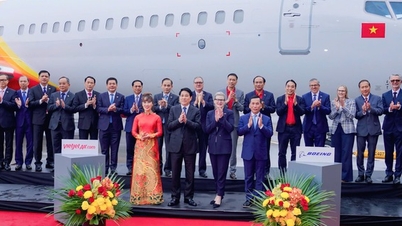

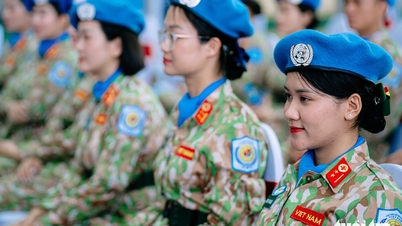







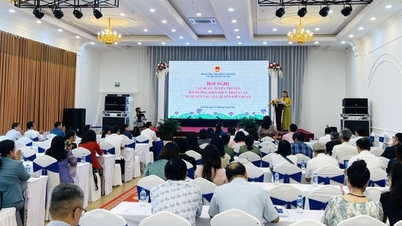

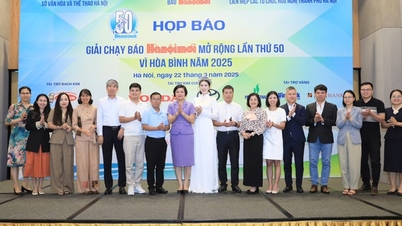




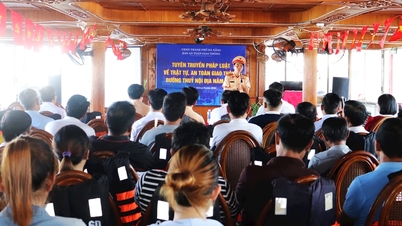





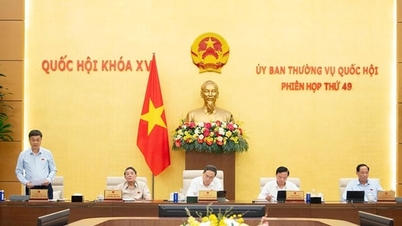

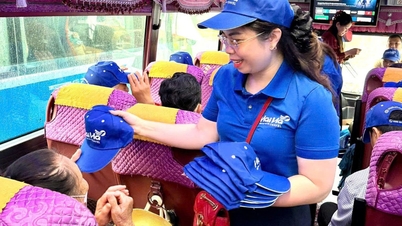










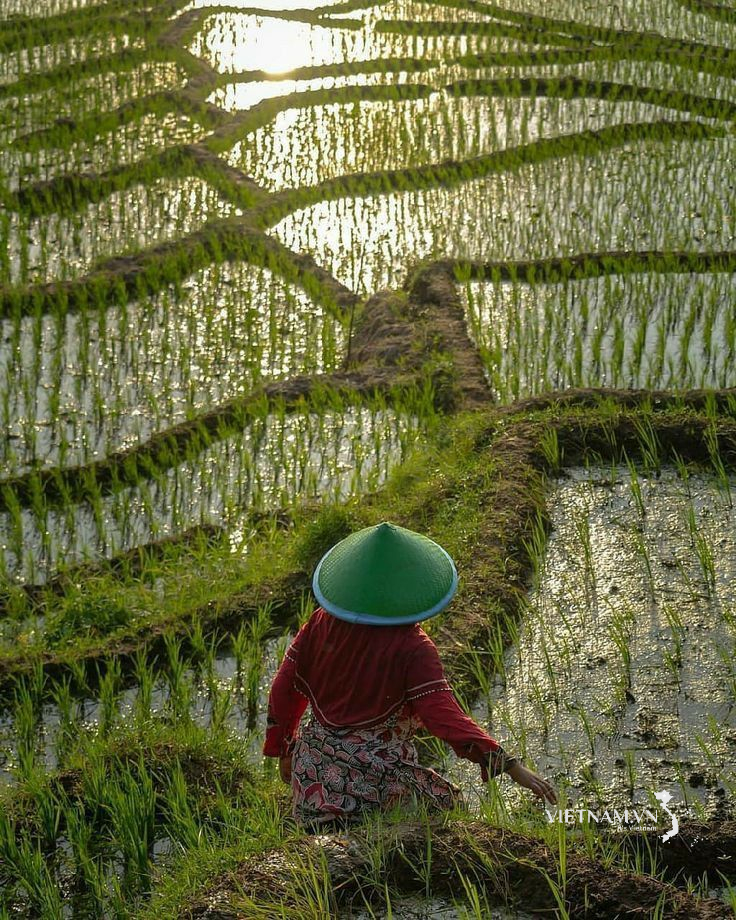


Comment (0)